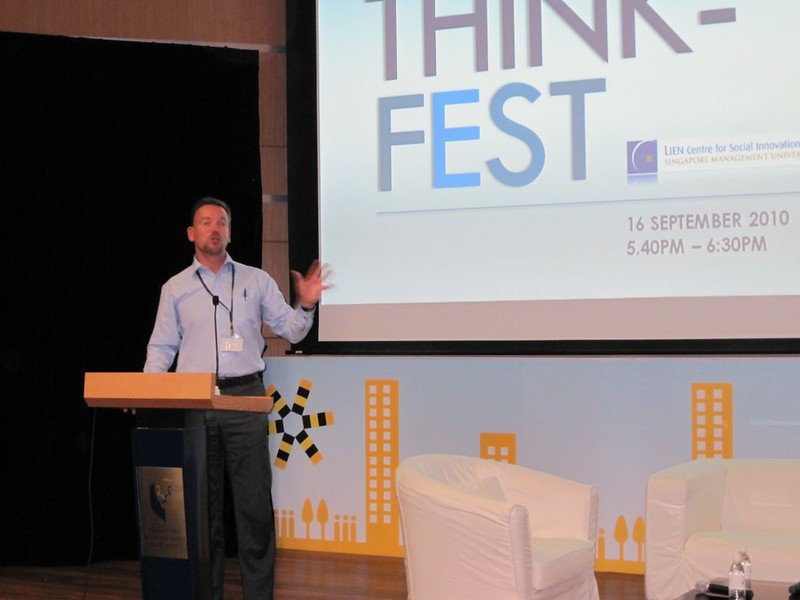Threats to social innovation
Control over place

Someone else who should read Reni Eddo-Lodge with care, attention and a goodly dash of self-criticism is the former advisor to Tony Blair in No 10, Geoff Mulgan whose current 305-page magnum opus Social Innovation: How societies find the power to change contains the following sentences:
“Many people feel that they have no control over migration, that their communities and places have been taken away from them … Democracy means a community having control over who is welcomed in and on what terms … All humans are well designed to read the feedback messages from their environment about whether they are at home or not. We can spot whether the labour market can offer jobs to people like us. Whether politics speaks our language, whether public culture reflects our values and interests or whether policing and other public services reflect our needs. When the messages are negative people feel insecure and that they don’t belong. That’s what happens to many new minorities. But it has also increasingly been the experience of older working class communities, which consequently feel a sense of loss and rejection … Control over place is so important to feelings of empowerment.”
Geoff ought to know a thing or two about power and how it is structured as he headed the strategy unit in Downing Street under Tony Blair before ending up as CEO of the foundation Nesta. Its website announces that “We bring bold ideas to life to change the world for good”.
The sentences quoted above are not founded on a “bold idea”. They are a sotto voce repetition of the mantra offered by the Daily Mail, Boris, Farage, et al. that has been subverting the white British political subconscious since the mid-nineties. You need to read the sentences carefully as there appears to an assumption hidden in them that only “new minorities” and “older working class communities” have problems.
There is fantastic energy, a source of great potential strength and inventiveness, in every population across the world. The reason why it does not systematically triumph is not because it is yet to be touched by Geoff’s super-confident wand.
The eager rhetoric of Geoff Mulgan’s presentation has not changed since the writings of Robin Murray introduced us to the theme of “social innovation” some two decades ago. Now, the “deeper re-imagining of democracy” that he talks of rings hollow in a Britain run by Boris Johnson, twice sacked as a journalist for purveying untruths in his copy, and Dominic Cummings, a backstairs advisor who has not purged his contempt of Parliament. They practice raw power in every sense of the term.
Turning the tables
There are many small-scale, inventive attempts to turn the tables on regimes like theirs. We are eloquently introduced to some of them by Geoff Mulgan. I finished the two books just in time to watch a late night French TV documentary on a small workers’ co-op near Marseilles producing tea. If you have read my pieces in the past you know I have mentioned them before. Their products are visible in many a supermarket. They represent the hopes of millions. But it has only some 50 staff. Uniliver, from whom they wrested the plant, employs how many?
Bridgestone tyres in Bethune in the north of France is now the centre of multiple campaigns to stop the Japanese owners sacking all the workers and closing the place down. Everyone in France knows of the struggles over the past decade around Continental and Goodyear tyre plants. They were fine examples of trade union “social innovation” in action. But vast tyre plants operating in a difficult market are not as easy to transform into workers’ co-ops as a place processing tea.
It is “multiple campaigns” around Bridgestone because as well as the unions and the left, the local regional council boss, Xavier Bertrand, who hopes to be the candidate for the traditional right against Macron in the 2022 presidential election, has tried to put himself at the head of the protests, a move which has prompted more ministerial activity around a closure than we have seen for many a year.
Forms of struggle come before, not after, new institutions. The logic of that causality is clear. The trade unions and the left in France have been trying to find what form of struggle and campaigning will now give them the chance to generate the movement, the confidence and the political majority needed if the country is to secure a new, more democratic, structure of power. So far it has been check mate in favour of Macron.
tinyurlis.gdclck.ruulvis.netshrtco.de
